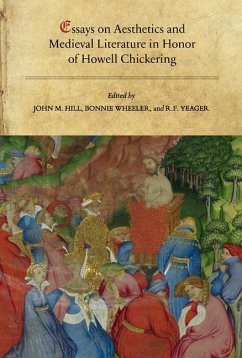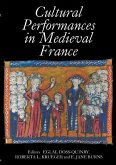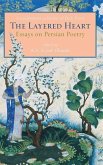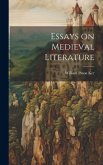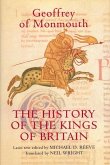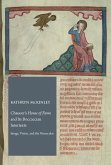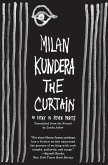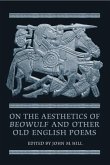Reflecting the strong aesthetic turn in literary studies, these powerful, persuasive essays keep an eye on the seductions of beauty while offering fresh approaches to medieval poetics. Significant new scholarship, they open out to a wide range of medieval poems and poetical features, as well as to the aesthetic preoccupations of nineteenth-century medievalism. The contributors honor Howell Chickering's multi-faceted work on poetic energy, metrical surprise, and the sonic features of sense by, collectively, moving insightfully across early medieval fragments, such as "Caedmon's Hymn" and "The Battle of Maldon," to the art of depicting psychological states in Old English narrative, the sublime aesthetics of terror in "Beowulf," and pitch as well as deep and surface proportioning in "The Dream of the Rood." For Chaucer's Age, well-researched contributions assess modes of beauty in "Troilus and Criseyde," surprising unity in Chaucer on women and love, the aesthetic implications of grammatical choices and forms, and the celebration of art in Gower's French "balades." Good fun is had with the artful humor of insatiable wives in the "Canterbury Tales," along with the practical and gustatory aesthetic of Lydgate's culinary poems. The focus on medieval poetry rounds out with thoughtful essays on mystical poetry and prose and on the challenges of translating ambiguity in "Sir Gawain and the Green Knight." The gathering closes, however, in intellectually and artistically striking ways with essays on Coleridge and medievalism, and, finally, the page design, ornamentation and typeface beauties of the Kelmscott "Chaucer." Pleasure and delight abound in a most fitting tribute to the broad impact of the career of Howell Chickering, the G. Armour Craig Professor of Language and Literature at Amherst College.
Hinweis: Dieser Artikel kann nur an eine deutsche Lieferadresse ausgeliefert werden.
Hinweis: Dieser Artikel kann nur an eine deutsche Lieferadresse ausgeliefert werden.

